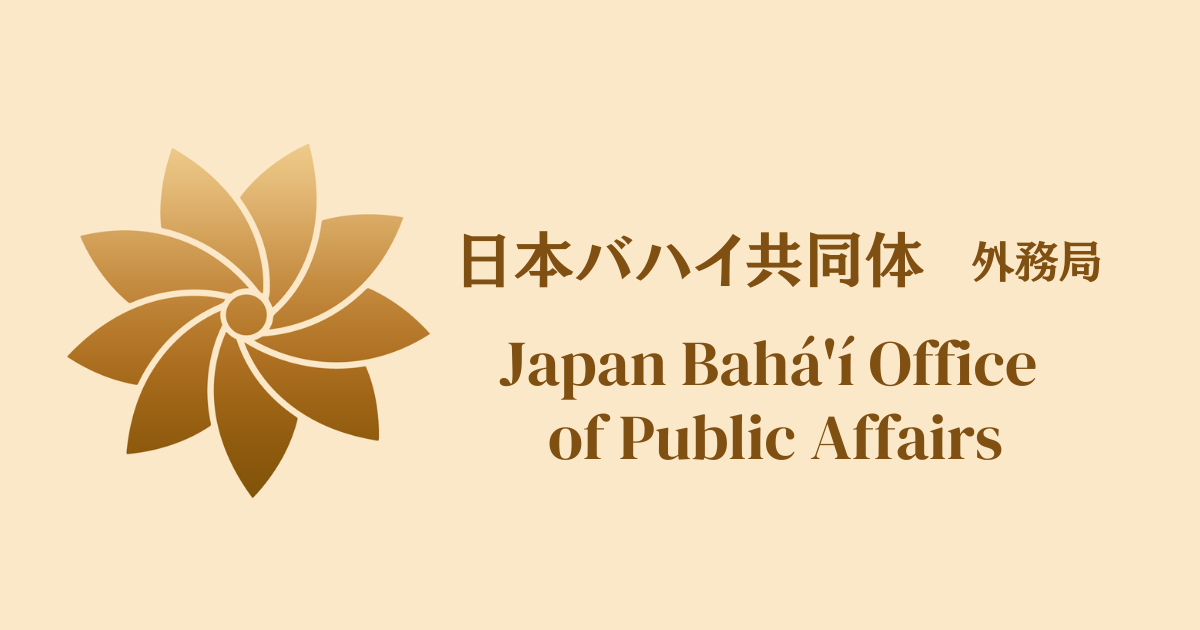Zarrin Moghimi-Abyaneh, 29

生い立ちと家族
- 1954年8月23日、イスファハン州ナタンズ郡中央地区アビャネ村で生まれる。(IranWire)
- 彼女は5歳の頃から、バハイ教の聖句や信教に関する詩の一部をはっきりと表情豊かに暗唱していた。(World Order, 1986)
- ザリンは純粋無垢な心を持っており、バハイ教に魅了されていた。(World Order, 1986)
教育、仕事、バハイ活動
- 15歳のとき、ザリンはバハイのクラスを教え始め、バハイ信仰を信じたために殺された人々の話を深く表現し、犠牲者の人生を生徒たちに教えた。(World Order, 1986)
- ザリンは21歳でテヘラン大学英文科を卒業した。(Archives)
- ザリンは学業の後、マルブダシュトと後にシラーズの石油化学工場で翻訳者として働いていたが、イラン革命が勃発した後、信教への関与を理由に解雇された。(Archives)
- ザリンは逮捕される前、バハイの子供やティーンエイジャーを教え、投獄や処刑されたバハイの家族に安らぎを与え、家を失ったり避難している人々を助けることに時間を使っていた。 (IranWire)
- 処刑される少し前に、ザリンは他のバハイたちのアシスタントに選ばれ、投獄されている人たちを訪ねました。同時に、彼女は異なる3つのクラスを教えていた。彼女は青年委員会と出版委員会のメンバーだった。(World Order, 1986)
逮捕
- ザリンは偉大な勇気を示した。彼女は信教を擁護し、その真理を立証するために、どのような場合でも準備が整っていた。逮捕されたとき、彼女はシラーズの革命裁判所でバハイ教の真実性を、はっきりとした声と力強い言葉を用いて証言した。(World Order, 1986)
- 1979年のイラン革命後のイランの状況は、イラン国外に住むバハイ教徒の親族を警戒させた。ザリンの姉であるシミンは、海外から電話をかけてきて、国外に出るように忠告した。「そんなこと言わないで。」とザリンさんは答えた。「なされる必要のあることがたくさんあるけれど、時間は短く、人手が足りないわ。他のバハイに起こることは、私にも起こります。私の命は彼らの命に比べて尊いわけではないわ。私はこの国を決して離れない。」(IranWire)
逮捕、投獄、処刑
- ザリンの大学時代の友人の一人はキリスト教徒だったが、ザリンの殉教後に、「彼女の友人や愛する者にとって唯一の慰めは、親愛なるザリンが神への信仰に献身し、その短い人生の旅で追い求め、希求したことのすべてだった生涯の目標を達成したことを記憶にとどめることである。」と書き記した。(World Order, 1986)
- 検察官の命令により、各バハイは4回悔い改めなければならなかった。拒否すれば処刑され、当局の言うところの「神の宣告」が行われた。ザリンは、女性監獄の囚人の中で2番目に懺悔に連れて行かれた。1983年6月13日、彼女は4回、毎回30分間隔で懺悔のために召喚され、そのたびにザリンは 「私はバハイです 。」と書いた。(IranWire)
- ある友人は、解放された後、ザリンのある裁判について、ザリンは一連の尋問と裁判を通して、限りない力と勇気をもって証言した、と書き記した。彼女は、過去の宗教の真理を信じるとともに、新しい顕示者であるバハオラとその大業に対する信仰を告白した。これらの裁判の間、彼女はあまりにも包括的な知識と学識を示し、裁判官たちは自分たちの力不足のために圧倒されてしまった。(World Order, 1986)
- ザリンはバハイ教の著名な布教者としてシラーズの革命裁判所に知られるようになり、彼女はどんな危険も恐れなかった。彼女は、自分が究極の危険を冒す覚悟があることを悟った。真実は、彼女は命を失ったのではなく、永遠の命を手に入れたのだった。(World Order, 1986)
Early life and family
- Zarrin was born on the 23rd of August 1954 in the village of Abyaneh in the Central District of Natanz County, Isfahan Province. (IranWire)
- From as young as 5 years old, she would recite clearly and with expression portions of the Baha’i writings and poems about the Baha’i Faith (World Order, 1986)
- Zarrin had a pure and innocent heart, and she was enamored by the Baha’i Faith (World Order, 1986)
Education, work, Baha’i activities
- At 15 years old, Zarrin began teaching Baha’i classes and would express deeply the stories of those who had been killed for their belief in the Baha’i faith, teaching her students of the lives of the victims. (World Order, 1986)
- Zarrin graduated with a degree in English Literature from Tehran University at 21 (Archives)
- Zarrin worked as a translator at a petrochemical plant in Marvdasht and later Shiraz following her studies and after the commencement of the Iranian Revolution, she was dismissed from her job for her adherence to the Faith. (Archives)
- Before Zarrin was arrested, she spent her time teaching Baha’i children and teenagers, giving comfort to the families of those Baha’is who had been imprisoned or executed, and helping others who had lost their homes or been displaced. (IranWire)
- Not long before her execution, Zarrin was selected as an assistant for other Baha’is, and she visited those who were imprisoned. At the same time she was teaching three different classes. She was a member of the Youth Committee and the Publication Committee. (World Order, 1986)
Arrest
- Zarrin displayed great courage. She was ready anywhere to defend the Faith and to prove its truth. When she was arrested, she documented the veracity of the Baha’i Faith in the Revolutionary Court of Shiraz, in a clear, full voice and using powerful language. (World Order, 1986)
- The situation in Iran in 1979 following the Iranian Revolution alarmed relatives of Baha’is who lived outside Iran. Simin, Zarrin’s sister, called from abroad and advised her to leave the country. “Don’t say this,” Zarrin replied. “Much needs to be done but time is short and there is not enough manpower. Whatever happens to other Baha’is will happen to me as well. My life is not more valuable than their lives. I will never leave this country.” (IranWire)
Arrest, Imprisonment, Execution
- One of Zarrin’s college friends, who was a Christian, wrote after Zarrin’s martyrdom that ”The only solace for her friends and loved ones is this: to remember that dear Zarrin was devoted in her faith to God and that she attained her lifelong goal, which was a consuming pursuit and desire throughout her short life’s journey.” (World Order, 1986)
- By the order of the prosecutor, each Baha’i had to repent four times. If they refused, they were executed or, as the authorities put it, the “divine verdict” was carried out. Zarrin was the second prisoner from the women’s ward who was taken to repent. On June 13, 1983, she was summoned four times, each time half an hour apart, to repent; each time Zarrin wrote, “I am a Baha’i.” (IranWire)
- One friend, after being freed, wrote the following description of one of Zarrin ‘s trials: Zarrin, throughout the series of interrogations and trials, testified with infinite strength and courage. She confessed her belief in the truth of the religions of the past as well as her belief in Baha’u’llah, the New Manifestation, and His Cause. During these trials, the knowledge and scholarliness she displayed were so comprehensive that the judges were intimidated because of their own inadequacies. (World Order, 1986)
- Zarrin had become known to the Revolutionary Court of Shiraz as a prominent propagator of the Baha’i religion; she was unafraid of any peril. She realized that she was willing to take the ultimate risk. Truly she did not lose her life; she won eternal life. (World Order, 1986)
